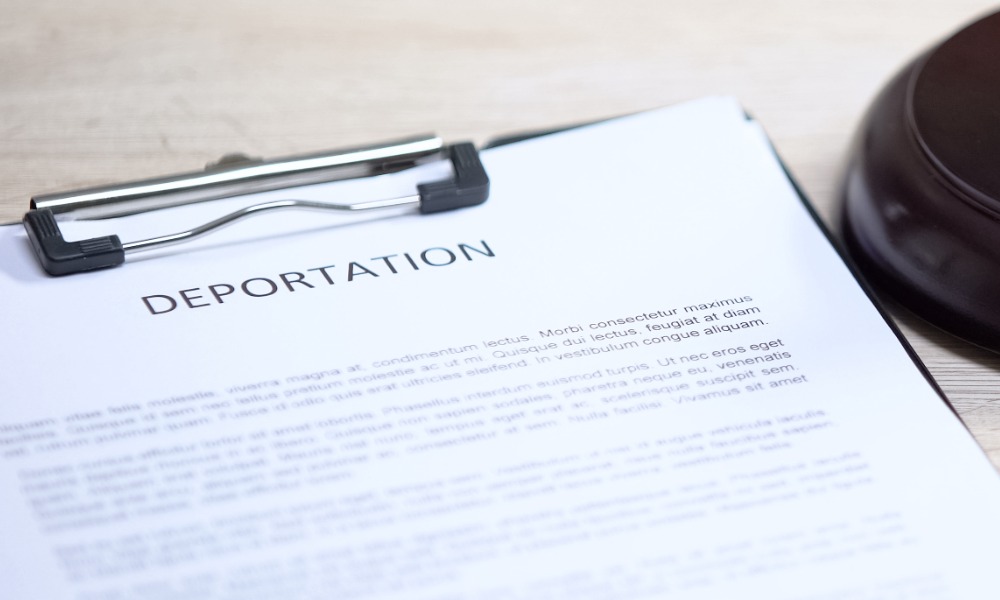One hotel manager explains how he successfully introduced new housekeeping technology to his front-line staff
.jpg)
Employers are sometimes met with resistance when introducing new technology to front line workers – however, one hotel manager says a little support can go a long way.
Roman Lee-Lo is the director of operations at the Rees Hotel – a five-star accommodation complex in Queenstown. Last year, he made waves in the tourism industry by launching a digital housekeeping system, never before seen in New Zealand, during busy season.
“A lot of the challenges were basically around the time that it happened, which was a particularly busy time,” he tells HRD. “However, I also think it was good to launch it over a busy period so we could really gage how the system worked.”
The system, Optii Keeper, replaced traditional printed housekeeping sheets so employees are able to identify which rooms have been serviced and are available for guests, in real time.
As well as the timing, Lee-Lo says another major challenge was that the hotel’s head housekeeper had been accustomed to using manual processes for the past 10 years and her team had followed suit.
“That’s a long time to be entrenched in using paper and pen and manually printing reports so it was quite a challenge to get them used to using the new format,” says Lee-Lo.
However, Optii Keeper’s founder, Soenke Weiss, stayed at the hotel for a week in order to train employees in real world scenarios.
“Every morning for the first three days he did classroom training then after that he spent the next two to three days on the floor, following the housekeepers to see how they were coping,” says Lee-Lo.
Lee-Lo also says the hotel was sure to involve staff in the decision and worked hard to secure buy-in before the technology launched.
“I had discussed it with my GM and then following that I had a meeting with our executive housekeeper and the three supervisors who work in the housekeeping department,” says Lee-Lo.
“We all talked about it, we looked at the brief, we looked at what the system was going to do for us and then we asked questions to see whether it was the right system for us and we all agreed that it was going to make a difference to our operations moving forward,” he continued.
“That’s how I approached it, to get them on board and inspire them, that this will be something that makes a different to operations, to productivity, to engagement.”
Doing this, he says, helped counter potential resistance as employee felt they were informed and involved.
“There’s nothing worse than change being done onto you. If you’re part of the change, there’s less resistance and that’s the approach we took. It’s not like we said; ‘Okay guys, there’s a new system we’re implementing and you have to follow it,’” says Lee-Lo.
“Our philosophy was a culture of inclusion, getting them involved from the outset, getting them to touch, feel, read – there were several meetings before we even started the process of signing the contract.”
As well as tracking which rooms have been serviced, the technology also offers insight into turnaround times and quality level so Lee-Lo says it was important to communicate to staff that the new tech wasn’t to spy on them or set them up for failure.
“We did communicate to staff that this technology would be used to identify performance and training needs and we let them know that we never had any intention of use it to say; ‘Look, you’re a bad performer,’” he tells HRD. “It was always to enhance performance, build productivity and also to improve the guest experience.”
HRD is currently seeking your insights into the current challenges and knowledge gaps in HR technology. For those who are interesting in contributing, the survey will only take a few minutres and feedback will enable HRD to provide relevant content and professional development for our readers.
Click here to complete the survey now.








